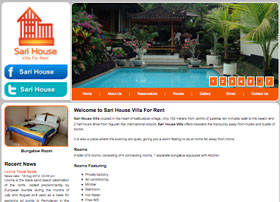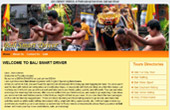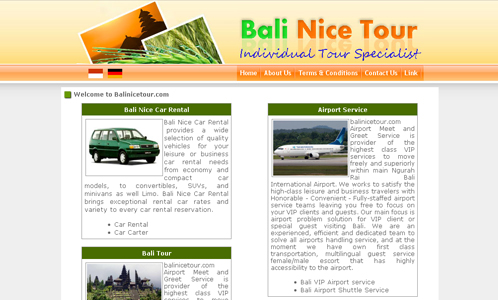Open Source Web Content Management Systems
Web CMS is a complex application designed to provide a complete solution for web publishing. Usually it is simple to operate so that anybody can use it even without any technical knowledge. Installing a web CMS is pretty simple, you only need some basic understanding of web hosting, domains and web in general. Once the CMS is installed anybody can use it. There is one administrator (or sometimes even more) who is responsible for the website and which has access to the whole system. He can manage the website, assign permissions to other users and control what will be published and what not.
Using web CMS is very simple. The user interface is usually dividend into two parts: front end and back end. Front end is what everybody sees. The website as it appears in any web browser. You have one or more menus where you can navigate, follow links and browse pages. The back end is a restricted area where you can administer the website. Only authorized users (administrators) can access it. The back end is a web interface to create and manage content, articles, links, menus, ads, images and other web resources. There are differences between various CMS systems. Some are designed for specific task while others are general purpose systems. However, every decent CMS supports extensions by a system of modules and plug-ins.
It is the availability of the extensions what makes any CMS a huge success or silent failure. If the CMS is properly designed, with a proper extension you can make just any possible website you imagine. There are two very popular open-source CMS systems available: WordPress and Joomla. While WordPress is more suitable for blogs, Joomla is a universal CMS for any type of website. Both systems are widely used because there is a plethora of extensions available. And because of these extensions, either Worpress or Joomla can be set up for almost any purpose. Blog is one of the simplest website types. Other areas where Joomla or WordPress can be used are: small business homepage, personal websites, almost any online business, online stores, community website, etc.
And because both systems are open-source you can not only examine modules and learn something, you can also write your own extension to support some specific feature. This is probably an area where ordinary users of CMS system will not be interested to participate. However, there is only a small step from a beginner in web design to advanced HTML coder. When you start creating web pages you quickly discover how easy it is and sooner or later you want more. You start learning and the more you work the more experienced you get. Web design is not rocket science.
Latest News
Complete SEO for blogs and sitesComplete SEO for blogs and sites
3 Free Traffic Methods Get many Visitors for your website
3 Free Traffic Methods Get many Visitors for your website
Open Source Web Content Management Systems
Open Source Web Content Management Systems
Importance of SEO in Web Rankings
Importance of SEO in Web Rankings



























Write a comment